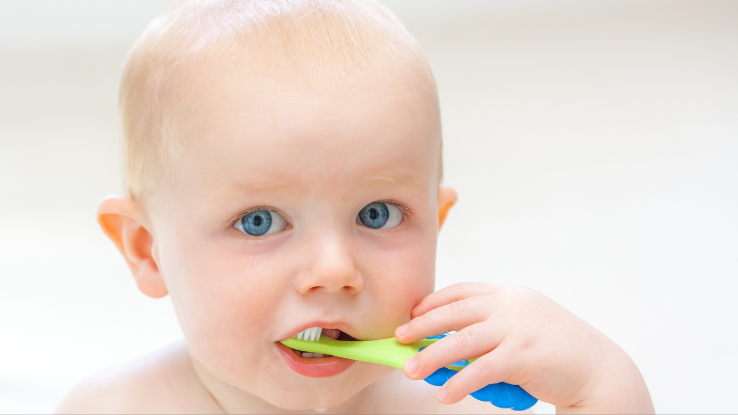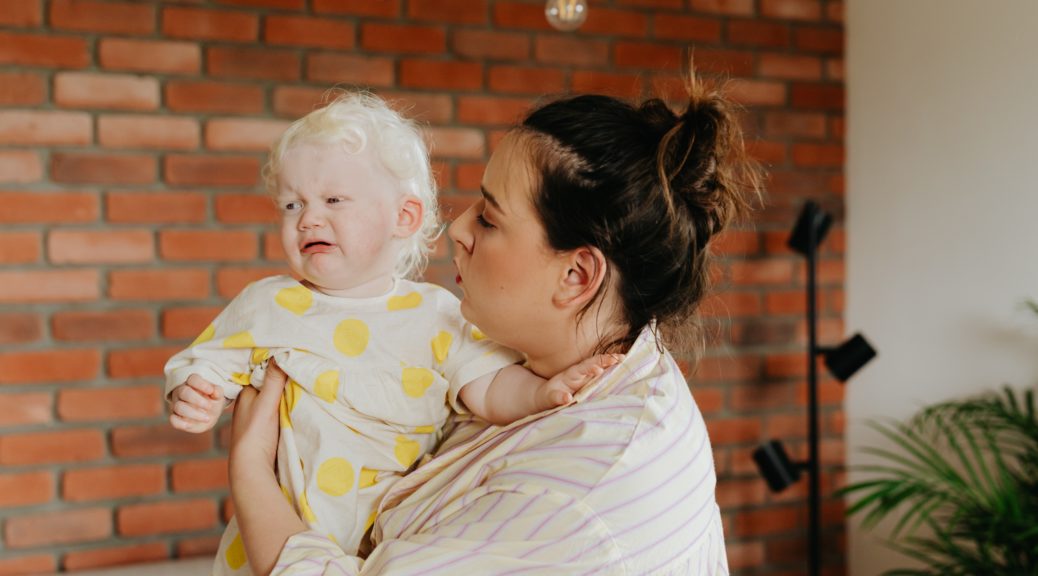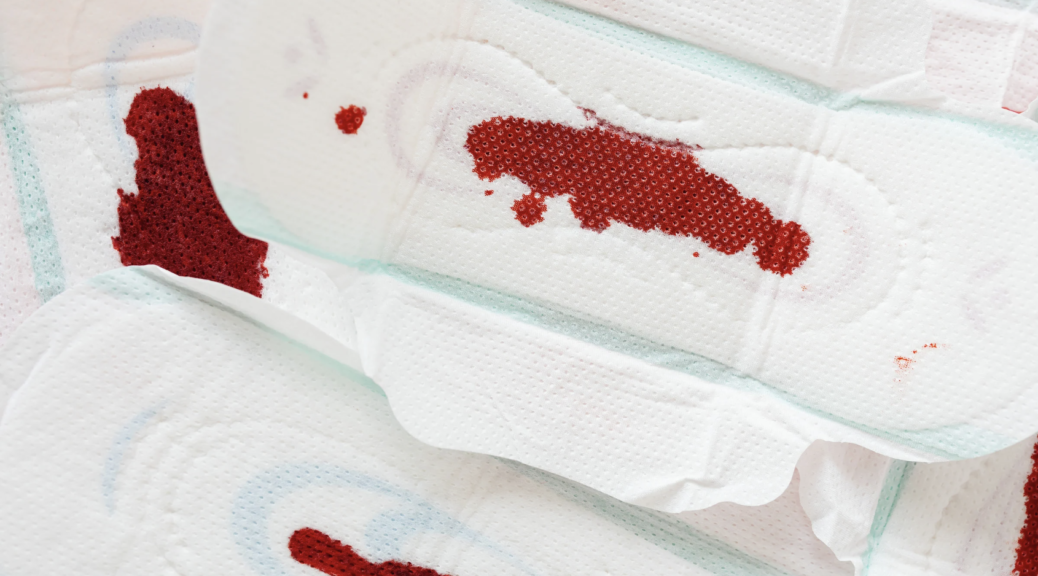Percentiles and growth charts
What are percentiles? Percentiles and growth charts are tables where the normal growth of healthy infants is illustrated. There are 5 ascending curves marked on the table corresponding to each percentile: 3rd, 15th, 50th, 85th, and 97th. Occasionally, babies do not follow the weight percentiles in which they are born or even drop in percentiles throughout their growth. It is important to note that percentiles do not tell us whether a baby is healthy or not, but they simply reflect…









